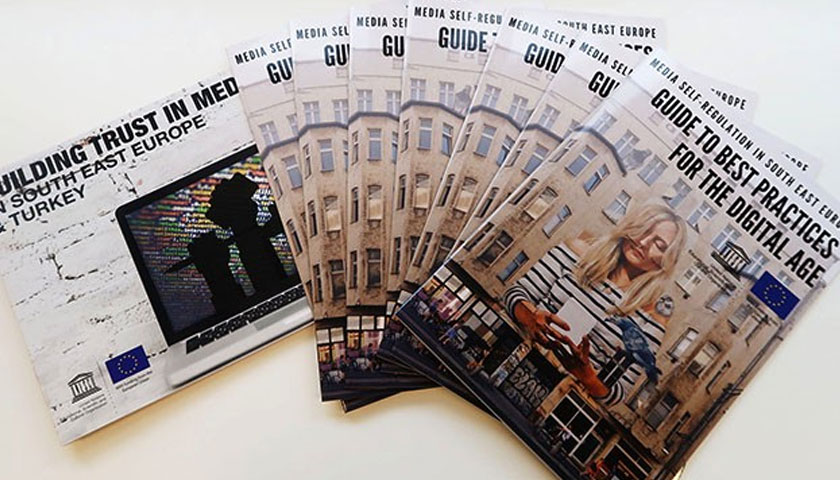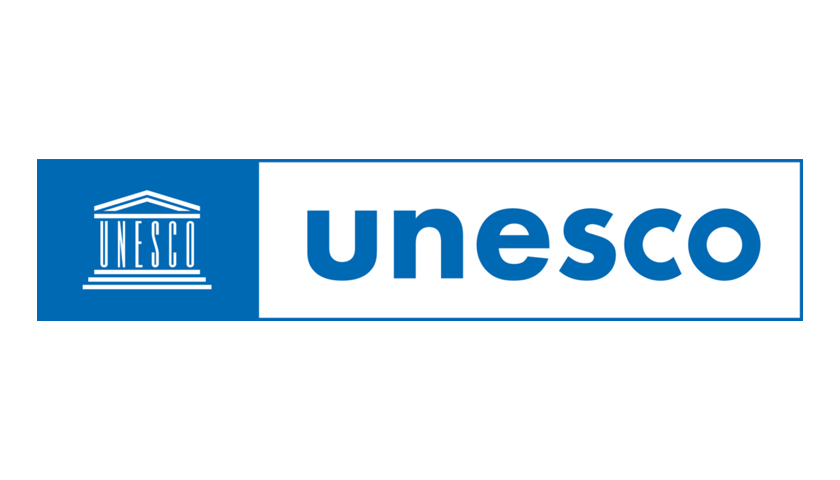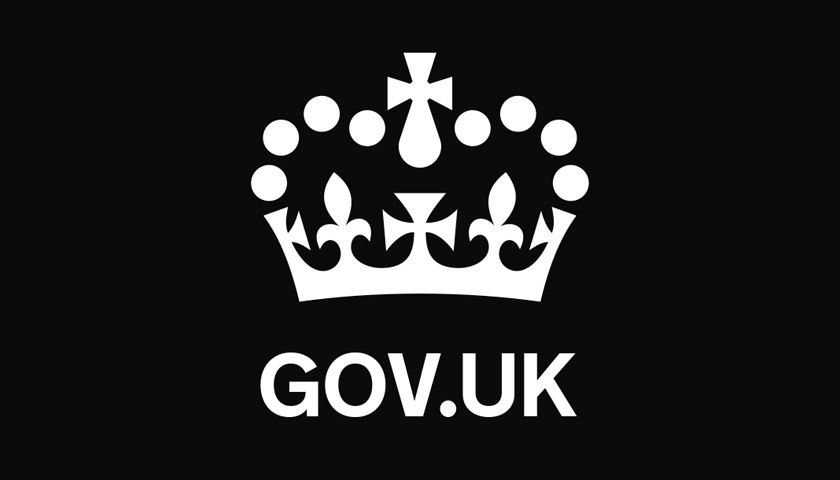How press councils have adapted to the digital ages? Have they for instance developed guidelines on the use of algorithms by social media? Do they address issues of online hate speech and disinformation? Are they using ICTs to improve accessibility to media users?
These are some of the questions addressed by the newly published UNESCO “Guide to Best Practices for the Digital Age – Media Self-Regulation in South East Europe”. This publication offers an analytical summary combined with best practices of how media self-regulatory bodies in South East Europe have been adapting to the digital era.
“Press and media councils in South East Europe are adapting and responding to the regulatory challenges posed by the growth of new media. In that respect, most of them have extended their membership to online media while extending the scope of their work through adapting their codes to new digital ethical dilemmas such as dealing with user-generated content or online copyright issues”, highlights the report.
This unique publication casts a light on practices already put in place by media councils of South East Europe. It also grasps the challenges they face to benefit from the online world. The report shows how press and media councils are now using new technologies to enhance their functioning and visibility towards citizens. A functioning website with a transparent database of the complaints received and adjudications, the possibility for media readers to submit a complaint via an online form, the use of social media pages on Facebook and Instagram have for instance become the norms for media councils in the region.
The best practices identified by the survey include: the developing of new guidelines about news automation and artificial intelligence; the rewarding of the compliance to ethics through using online labels for members of press councils; encouraging advertisers to withhold advertising when media are not respecting certain ethical criteria; developing mobile phone applications, and investing in Media and Information Literacy (MIL).
By providing best practices and tips, it is UNESCO’s hope that other self-regulatory mechanisms can benefit from the experience of press and media councils in South East Europe, which received support through the project “Building Trust in Media in South East Europe and Turkey”. The project ended in May 2019 and was implemented through collaboration with various regional and international partners, together with self-regulatory bodies and journalists associations, and with the financial support from the European Union.
Overall, the project proved itself very successful in reinforcing media self-regulation and media good governance in the region. In that respect, UNESCO just released another publication to highlight the main impact and results of the project. For more information, click here.


